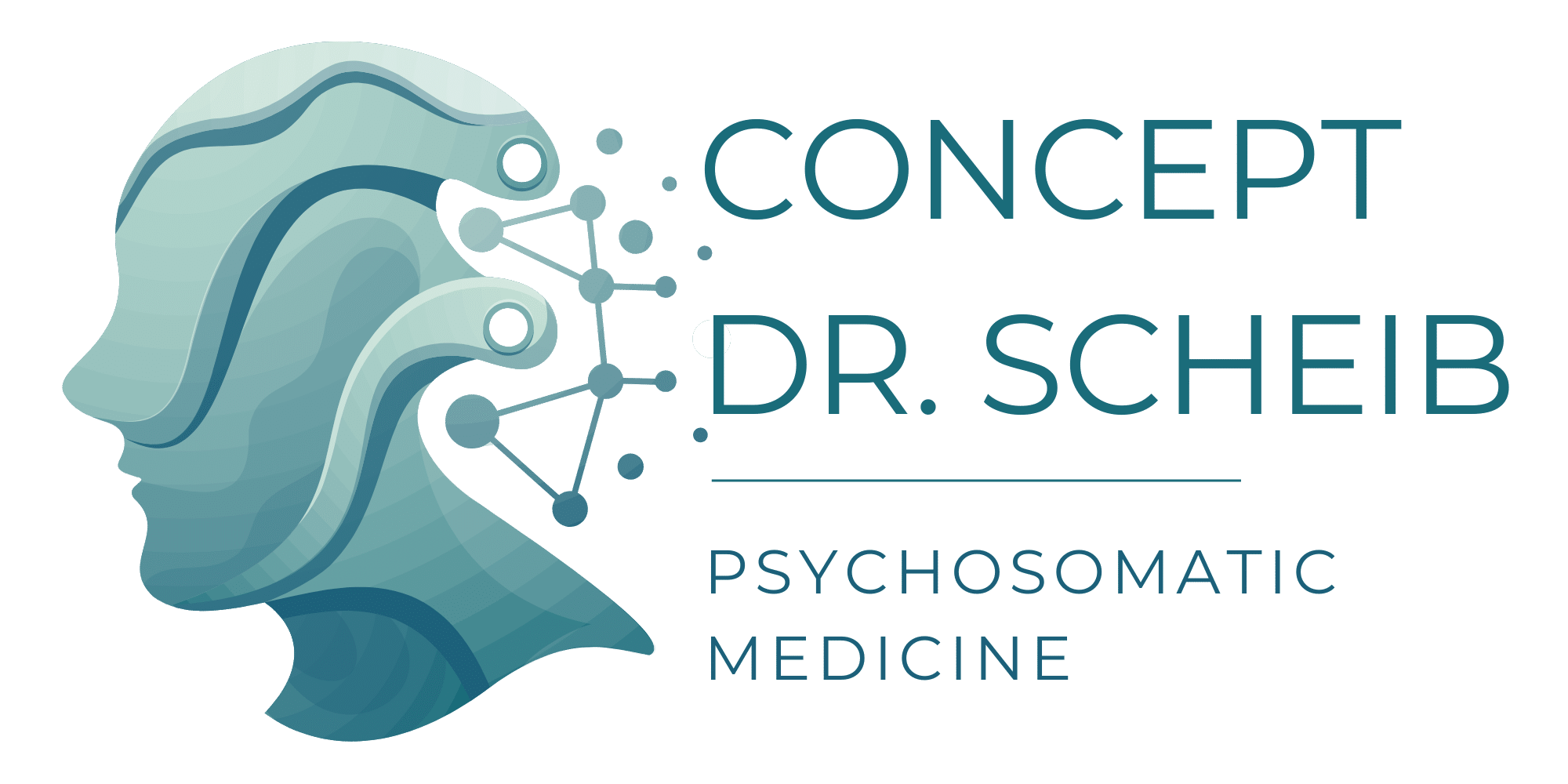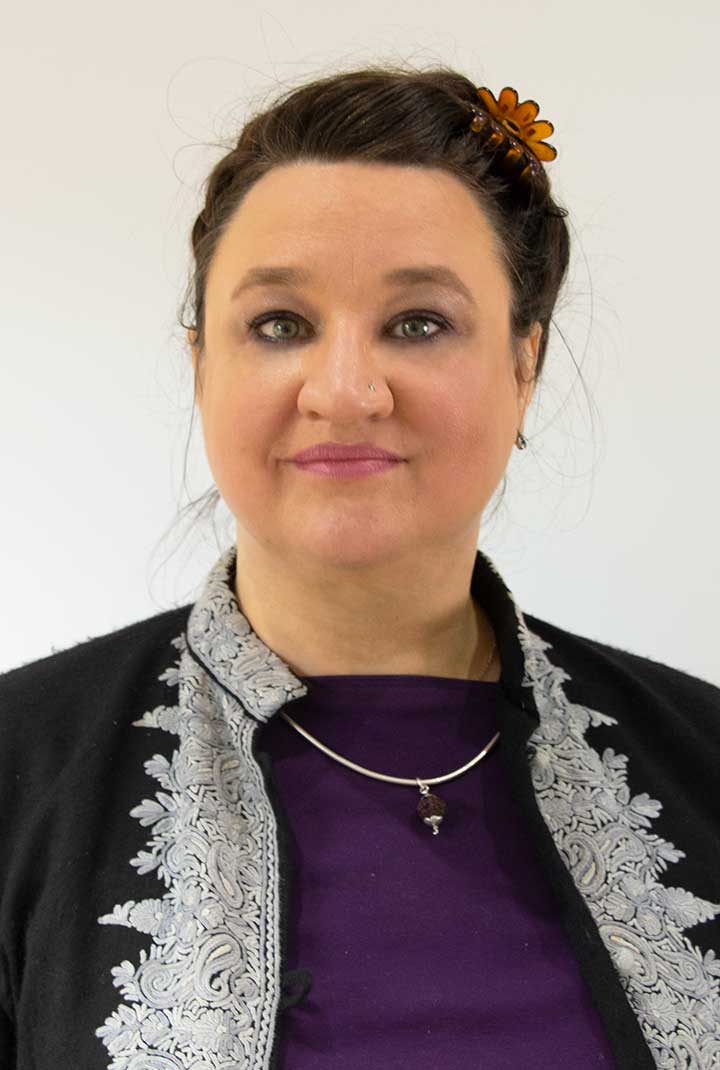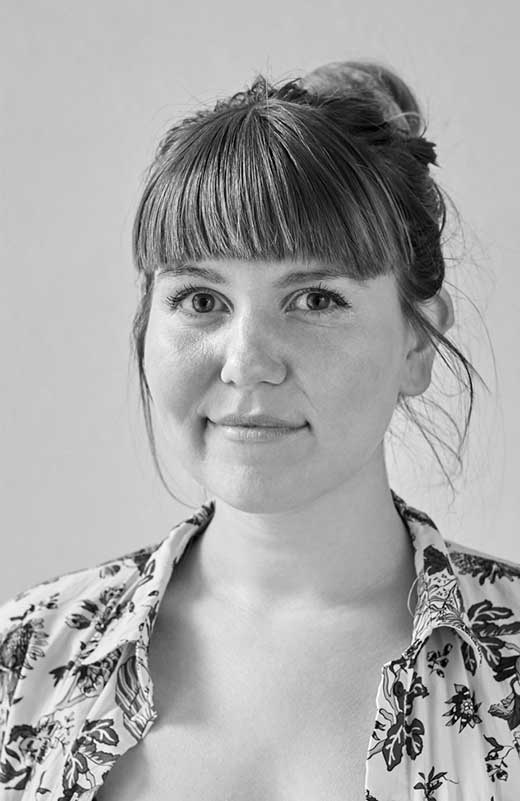Anxiety disorder
Treatment of anxiety disorder with psychotherapy, ketamine therapy, hypnosis and neuromodulation
What is anxiety disorder?
Anxiety disorder is essentially divided into phobias, in which there is a fear of certain situations or objects, generalized anxiety disorders and panic disorders. It is not uncommon for anxiety disorders to occur alongside a depressive disorder. About 12 percent of the population in Germany suffer from an anxiety disorder that requires treatment.
The most common phobias include:
- Claustrophobia (fear of enclosed spaces).
- Agoraphobia (fear of open spaces)
- Acrophobia (fear of heights)
- animal phobias (fear of spiders or mice)
- social phobias (fear of people)

Treatment of anxiety disorder
The anxiety disorder is usually responds very well to the treatment with psychotherapy. Particularly in the case of phobias, a few sessions of behavioral therapy with exposure training – sometimes also in virtual reality – are often sufficient to lose or at least greatly reduce the anxiety. Cognitive behavioral therapy, and in some cases depth psychology-based psychotherapy, are also successfully used for generalized anxiety disorders and panic disorders.
In hypnosis, anxiety-triggering situations can be experienced in a trance and thus processed and overcome. This experience can then then be reproduced in reality after the hypnosis.
In virtual reality, a wide variety of anxiety-provoking situations or objects, from anxiety of lectures to fear of flying to phobia of spiders, can be simulated and worked on. A variety of virtual environments are available for this purpose, in which exposure training can be carried out together with the therapist.
In severe forms of anxiety disorders, psychotherapeutic treatment alone is not sufficient. Many patients then turn to medications from the benzodiazepine group, which, while initially good at resolving anxiety, require increasingly higher doses and can quickly lead to dependence. Serotonin reuptake inhibitors (SSRIs) have no dependence potential, but sometimes have considerable side effects.
Make an appointment for a psychotherapeutic evaluation:
How the treatment of anxiety disorder works
We first take a detailed medical history and perform a comprehensive diagnostic test, including a quantitative EEG, in which brain activity is displayed as a kind of map (brain mapping).
For some forms of anxiety disorder, ketamine infusion therapy combined with psychotherapy and hypnosis can provide fast and significant improvement. This usually involves several ketamine infusions at intervals of one or a few days, together with hypnotherapeutic support. Further drug treatment is usually not necessary after this therapy.
Other therapeutic options include the use of neurofeedback and rTMS (repetitive transcranial magnetic stimulation). In neurofeedback, certain exercise programs can be carried out, based on the quantitative EEG to increase or decrease the activity of certain brain areas. In rTMS, this is done by magnetic stimulation with strong, pulsed magnetic fields.
For each patient, we seek an individually tailored therapy concept with the goal of returning to an anxiety-free life as quickly as possible.
F.A.Q. Ketamine treatment
Frequently asked questions about our Ketamine treatment
For privately insured patients, treatment is usually covered – depending on the contract. For patients with statutory german health insurance, the decision is often made on a case-by-case basis. If a depression has already been treated several times without success, it is called therapy-resistant depression. In this case, the chances are good of the costs being covered or at least a contribution to the costs is approved.
We are currently the only center in Europe where ketamine therapy, rTMS and intensive psychotherapy are offered simultaneously.
Ketamine is also used in the drug scene – but in a much higher dosage and not as a continuous infusion, but as a single dose. At this dosage, the depth of the trance cannot be controlled. Continuous use of high doses can cause chronic bladder infections.
There is no potential for dependence at the dosage used to treat depression and other conditions.
Ketamine has been an approved drug since 1970. When used for the treatment of depression, compulsions, etc., it is a so-called “off label” treatment. These therapies are common and legal, but are not always covered by health insurance.


























